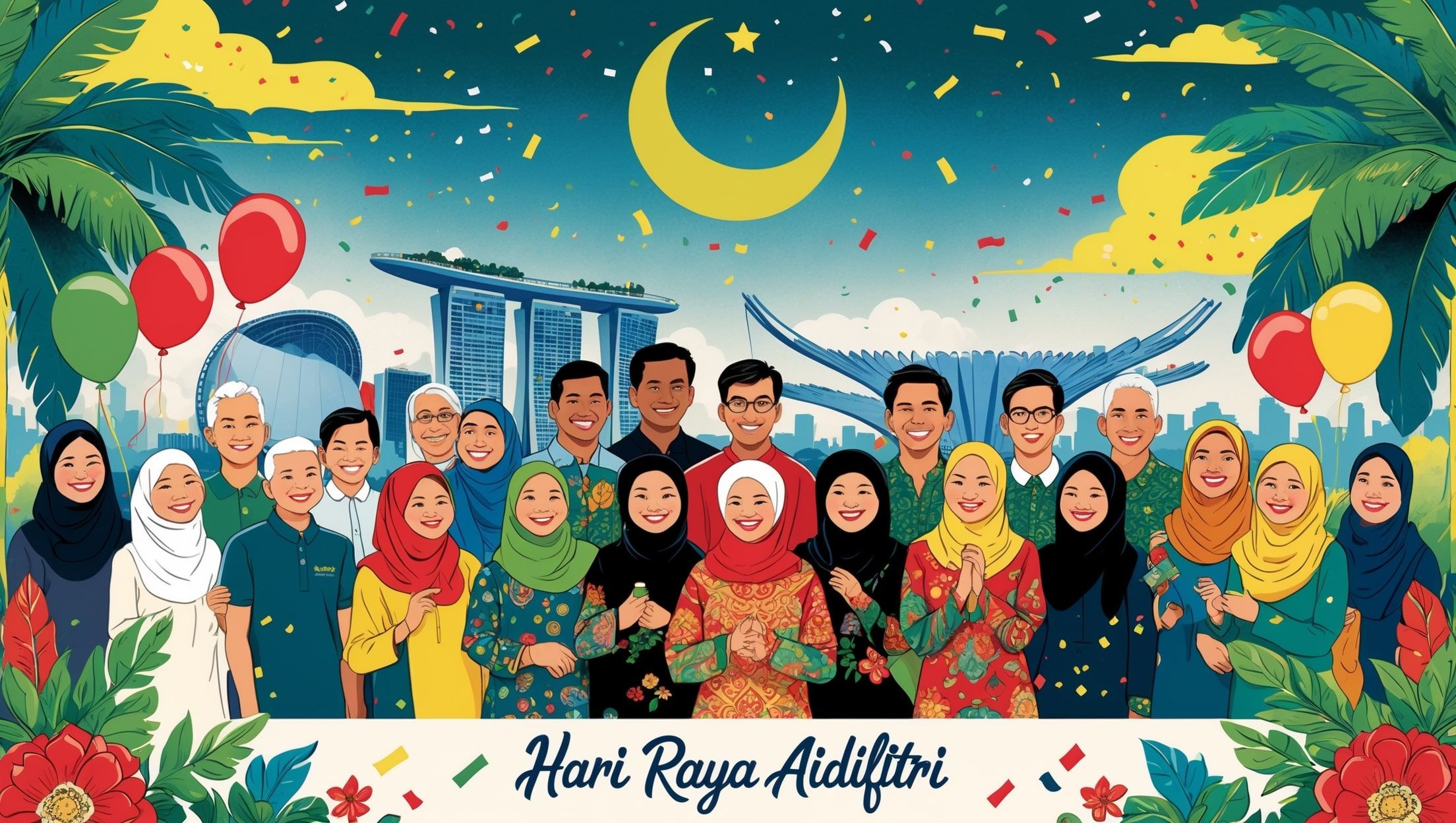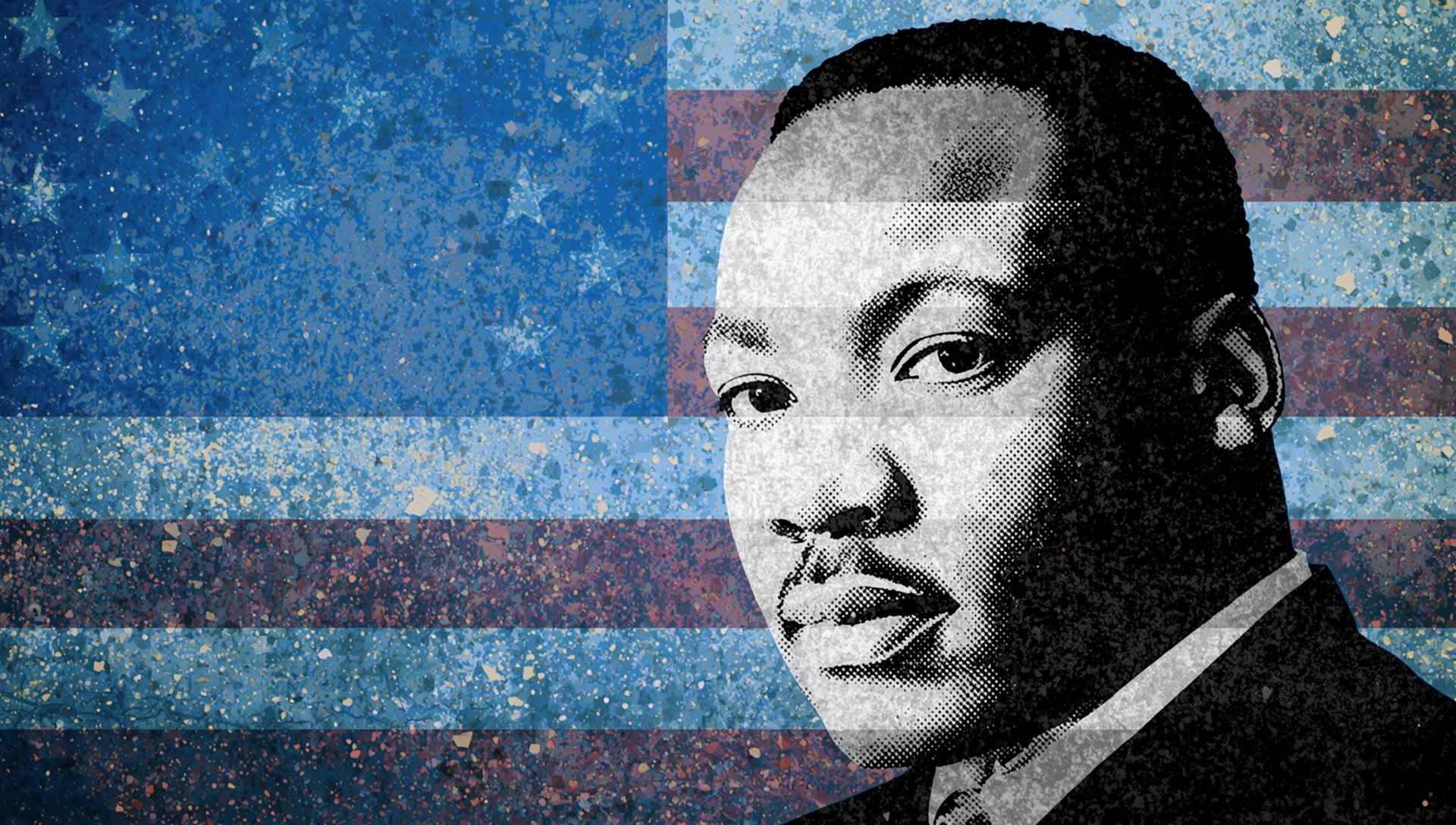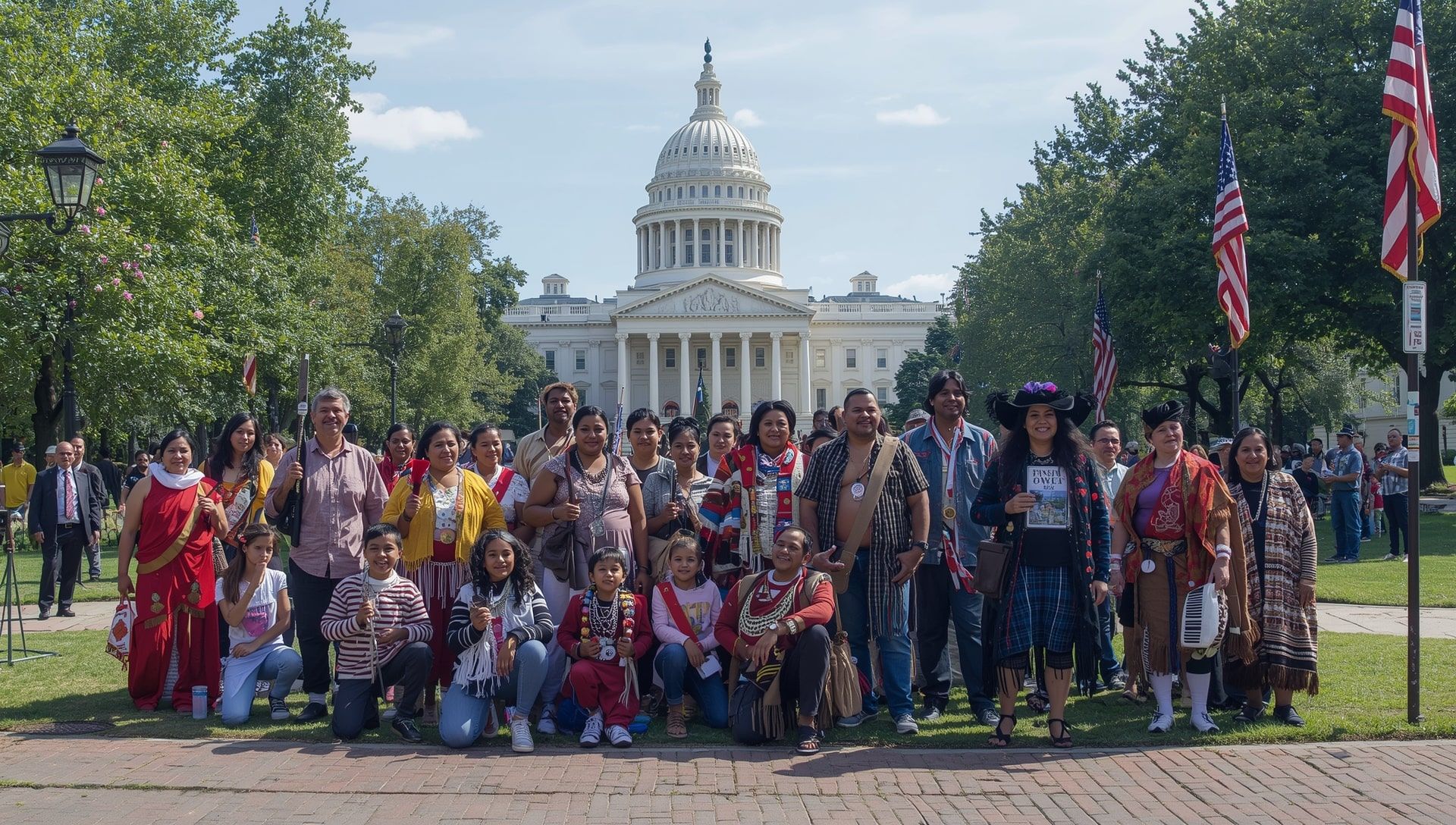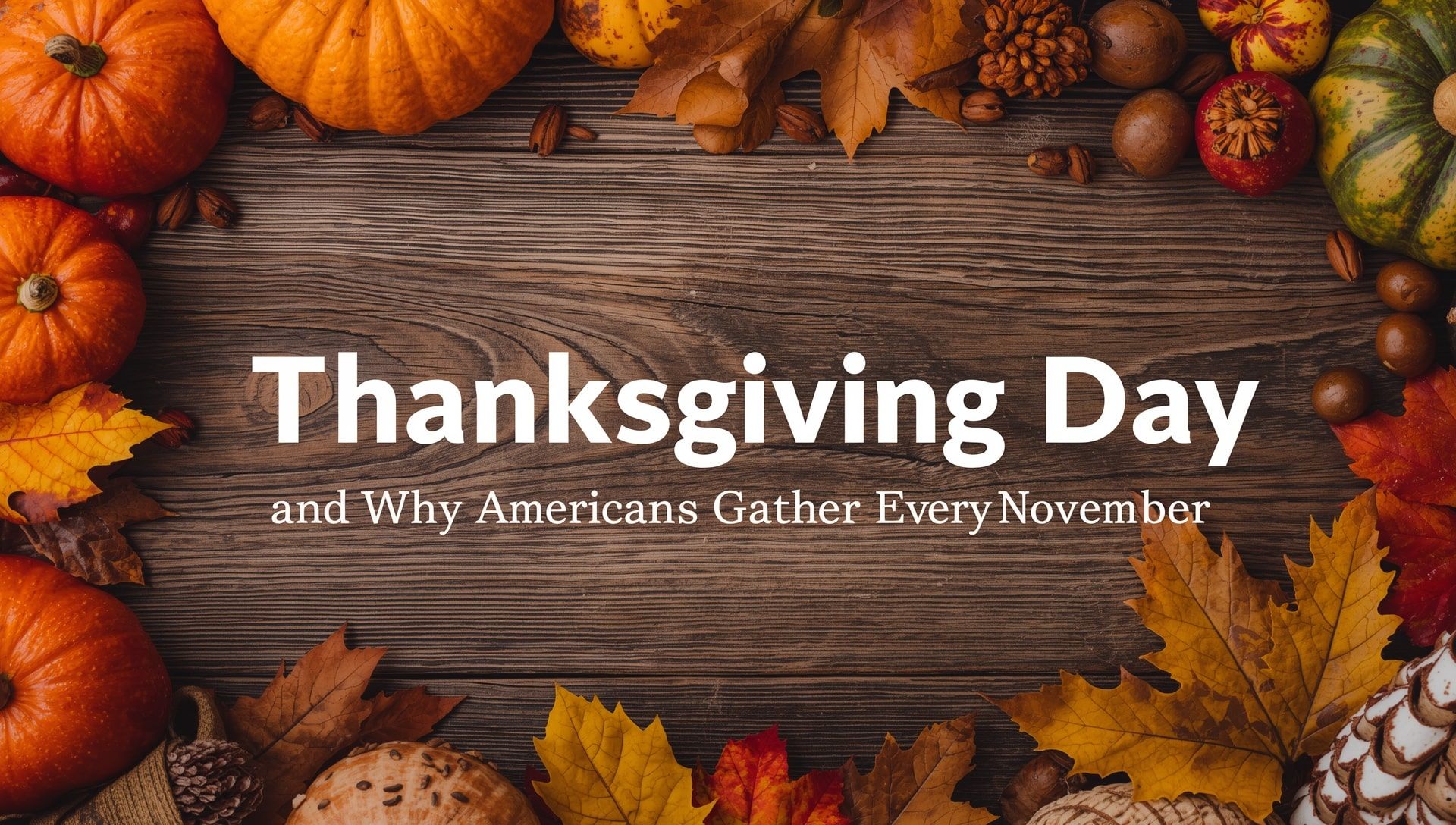Singapore’s holiday calendar is a careful balance of its multicultural society. With major celebrations from Chinese, Malay, Indian, and Western traditions, it reflects the country’s diversity. But two of its public holidays, Hari Raya Puasa and Hari Raya Haji, don’t stick to a fixed date. That’s because they follow the Islamic lunar calendar, which moves each year.
What are Hari Raya Puasa and Hari Raya Haji?
Hari Raya Puasa marks the end of Ramadan, a month of fasting for Muslims. Hari Raya Haji, also known as Eid al-Adha, commemorates the willingness of Ibrahim to sacrifice his son in obedience to God. Both are important religious holidays for the Muslim community in Singapore, which makes up about 15 percent of the population.
Why the Islamic calendar shifts
The Islamic calendar is based on lunar cycles. Each month begins with the sighting of the new moon, making the year about 10 to 11 days shorter than the Gregorian solar calendar. As a result, Islamic holidays shift earlier each year.
In practice, this means Hari Raya Puasa and Hari Raya Haji don’t land on the same Gregorian dates from one year to the next. Over time, they cycle through every season.
How Singapore handles the moving dates
To keep the public informed, the Ministry of Manpower (MOM) releases a list of public holidays for the upcoming year, usually about a year in advance. The dates for Hari Raya Puasa and Hari Raya Haji are included but marked as “subject to change.”
Once the Islamic authorities confirm the moon sighting, the final holiday date is announced and updated accordingly. This usually happens close to the expected date, giving just enough notice for people to plan time off or celebrations.
What this means for workers and businesses
Employers and employees need to stay flexible. Since Islamic holidays can shift slightly depending on the moon sighting, some last-minute adjustments might be required. Businesses typically follow the official MOM announcement and update internal schedules or rosters as needed.
For Muslims in Singapore, this flexibility is familiar. Planning for Hari Raya often includes a degree of uncertainty most families wait for the official moon sighting before making final celebration plans.
Singapore’s approach: practical and respectful
Singapore’s approach to public holidays is rooted in its commitment to religious harmony. By recognising key Islamic festivals as public holidays and adjusting their dates annually, the country acknowledges the significance of these events while maintaining clear communication and planning.
This system ensures that Muslims can observe their religious duties without needing to take personal leave, and that the broader community can accommodate these shifts without confusion.
Why it works smoothly
While shifting dates could seem inconvenient, Singapore handles it with a predictable process. The government communicates early, employers adapt quickly, and the public generally knows the rhythm by now. It’s a small but effective example of how cultural respect and practical planning can go hand in hand.
And for everyone else? It’s just another reminder that public holidays aren’t always fixed. Sometimes, they move with the moon.









